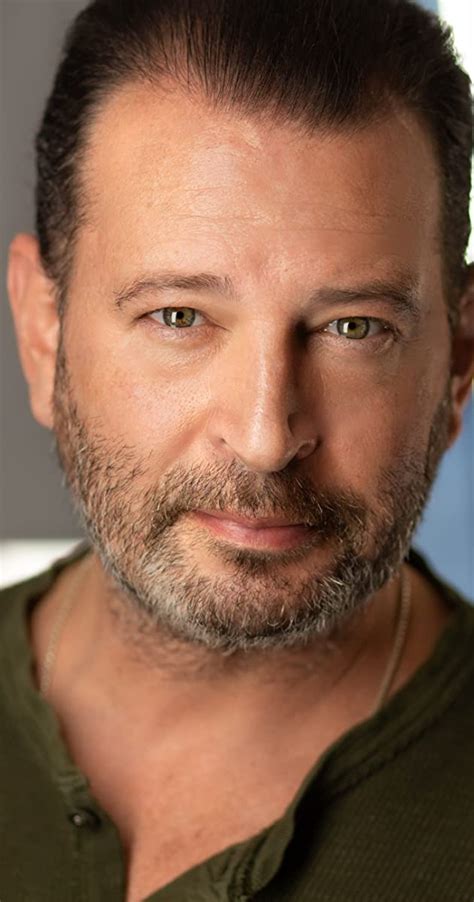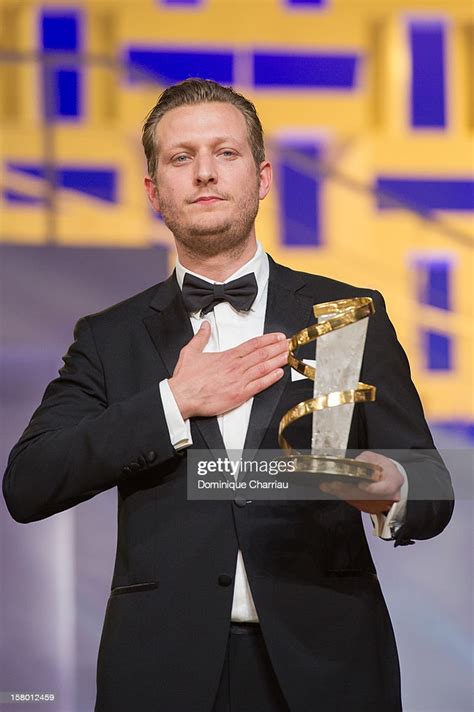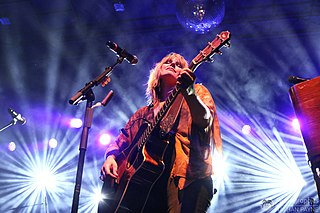A Quote by Anton Chekhov
I let myself go at the beginning and write with an easy mind, but by the time I get to the middle I begin to grow timid and to fear my story will be too long. . .That is why the beginning of my stories is always very promising and looks as though I were starting on a novel, and the middle is huddled and timid, and the end is...like fireworks.
Related Quotes
When I set out to write a screenplay, I have in my mind a beginning and an end but that end part continually changes as I start to write the middle. That way by the time the screenplay is finished I have taken myself and my audience from a familiar beginning point through the story to an unfamiliar ending point.
A love affair is like a short story--it has a beginning, a middle, and an end. The beginning was easy, the middle might drag, invaded by commonplace, but the end, instead of being decisive and well knit with that element of revelatory surprise as a well-written story should be, it usually dissipated in a succession of messy and humiliating anticlimaxes.
Man no longer lives in the beginning--he has lost the beginning. Now he finds he is in the middle, knowing neither the end nor the beginning, and yet knowing that he is in the middle, coming from the beginning and going towards the end. He sees that his life is determined by these two facets, of which he knows only that he does not know them
Keep a diary, but don't just list all the things you did during the day. Pick one incident and write it up as a brief vignette. Give it color, include quotes and dialogue, shape it like a story with a beginning, middle and end—as if it were a short story or an episode in a novel. It's great practice. Do this while figuring out what you want to write a book about. The book may even emerge from within this running diary.
A short story I have written long ago would barge into my house in the middle of the night, shake me awake and shout, 'Hey,this is no time for sleeping! You can't forget me, there's still more to write!' Impelled by that voice, I would find myself writing a novel. In this sense, too, my short stories and novels connect inside me in a very natural, organic way.
Humanity's legacy of stories and storytelling is the most precious we have. All wisdom is in our stories and songs. A story is how we construct our experiences. At the very simplest, it can be: 'He/she was born, lived, died.' Probably that is the template of our stories - a beginning, middle, and end. This structure is in our minds.




































